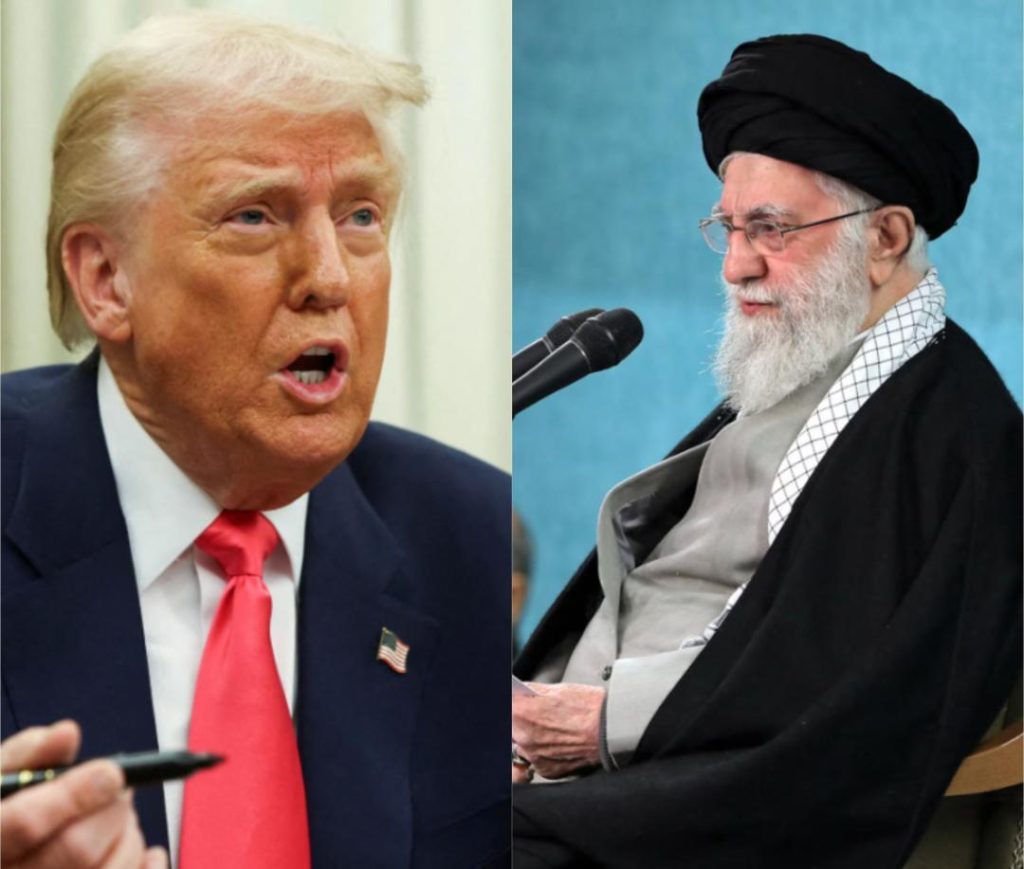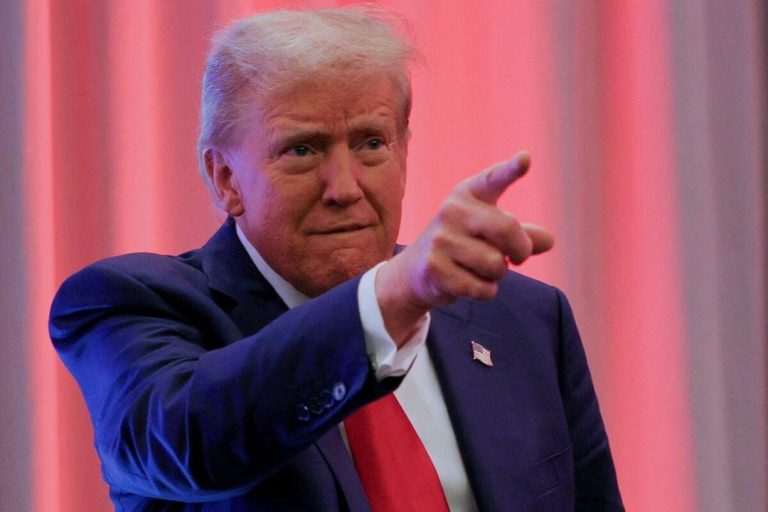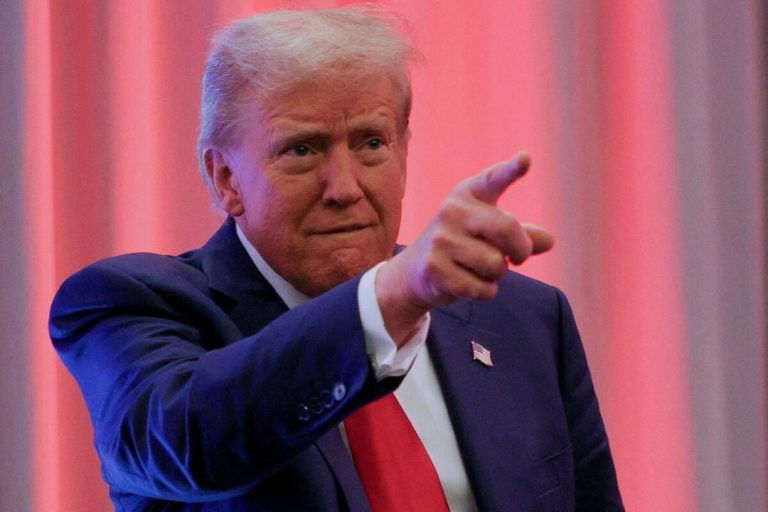
US & Iran begin nuclear talks days after Donald Trump threatened bombing
In a sudden turn of events, Iran and the United States have started indirect talks in Oman, with both sides represented by their respective envoys. The development comes just days after US President Donald Trump threatened to bomb Iran if it didn’t arrive at a deal on its nuclear programme. The talks are taking place under the shadow of regional conflict, with many observers wondering what this sudden shift in diplomacy means for the future of the Middle East.
According to reports, Iran’s Foreign Minister Abbas Araghchi and Trump’s Middle East envoy Steve Witkoff have been given different rooms and will exchange messages via an Omani minister. The talks are expected to focus on Iran’s nuclear programme, which has been a source of tension between the two countries for years.
The news of the talks was confirmed by Iran’s Foreign Ministry, which stated that the negotiations would be held under the auspices of the Oman Ministry of Foreign Affairs. The ministry added that the talks would be based on previous agreements and would aim to find a peaceful solution to the nuclear issue.
The development comes just days after Trump threatened to bomb Iran if it didn’t agree to a deal on its nuclear programme. The US President made the threat during a speech at the White House, where he also accused Iran of supporting terrorism and destabilizing the Middle East.
“It’s a big mistake for Iran to think it can get away with this,” Trump said. “If Iran doesn’t get a deal, we will bomb them. And if they don’t get a deal, we will bomb them very hard.”
The threat was met with widespread condemnation from around the world, with many calling it a reckless and irresponsible move. The European Union, the United Nations, and many other countries urged the US and Iran to avoid escalation and instead work towards a peaceful solution.
The sudden shift in diplomacy has raised many questions about what this means for the future of the Middle East. The region has been plagued by conflict and instability for years, with many countries vying for power and influence.
Iran is a major player in the region, with a significant military presence and a strong economy. The country has also been a major supporter of Hezbollah, the militant group that has been fighting against Israel in Lebanon.
The US, on the other hand, has been a major player in the region for years, with a significant military presence and a strong economy. The country has been a major supporter of Israel and has been involved in several conflicts in the region, including the wars in Afghanistan and Iraq.
Despite the tensions between the two countries, many observers believe that the talks could be an important step towards reducing the risk of conflict in the region. The two countries have a long history of conflict, dating back to the 1979 Iranian Revolution, which overthrew the pro-US government of Shah Mohammad Reza Pahlavi.
In the years since, the two countries have been locked in a cycle of hostility, with each side accusing the other of aggression and meddling in the affairs of the other. The tensions have been exacerbated by the nuclear programme, which Iran has been developing since the 1990s.
The programme has been a major source of tension between the two countries, with the US accusing Iran of developing nuclear weapons and Iran accusing the US of trying to undermine its sovereignty.
Despite the tensions, many observers believe that the talks could be an important step towards reducing the risk of conflict in the region. The two countries have a long history of conflict, dating back to the 1979 Iranian Revolution, which overthrew the pro-US government of Shah Mohammad Reza Pahlavi.
In the years since, the two countries have been locked in a cycle of hostility, with each side accusing the other of aggression and meddling in the affairs of the other. The tensions have been exacerbated by the nuclear programme, which Iran has been developing since the 1990s.
The programme has been a major source of tension between the two countries, with the US accusing Iran of developing nuclear weapons and Iran accusing the US of trying to undermine its sovereignty.
Despite the tensions, many observers believe that the talks could be an important step towards reducing the risk of conflict in the region. The two countries have a long history of conflict, dating back to the 1979 Iranian Revolution, which overthrew the pro-US government of Shah Mohammad Reza Pahlavi.
In the years since, the two countries have been locked in a cycle of hostility, with each side accusing the other of aggression and meddling in the affairs of the other. The tensions have been exacerbated by the nuclear programme, which Iran has been developing since the 1990s.
The programme has been a major source of tension between the two countries, with the US accusing Iran of developing nuclear weapons and Iran accusing the US of trying to undermine its sovereignty.
Despite the tensions, many observers believe that the talks could be an important step towards reducing the risk of conflict in the region.



